We're loading the full news article for you. This includes the article content, images, author information, and related articles.
A year after his impeachment as Deputy President, Rigathi Gachagua has defied expectations of political oblivion, actively reshaping the Mt Kenya political landscape and positioning himself as a formidable opposition figure ahead of the 2027 General Election.
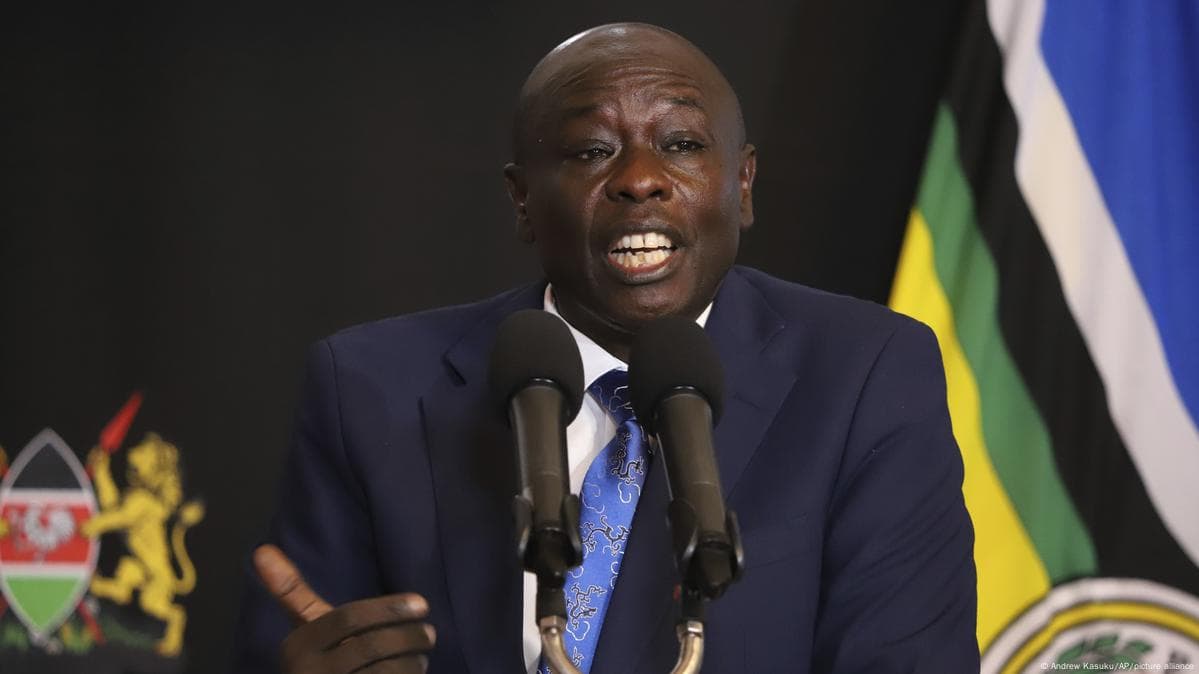
One year since his impeachment on Thursday, October 17, 2024, former Deputy President Rigathi Gachagua remains a central and increasingly influential figure in Kenyan politics, particularly within the vote-rich Mt Kenya region. Far from fading away, Gachagua has actively consolidated his political base, launched a new political party, and emerged as a vocal critic of the government he once served.
In recent weeks, Gachagua, now leader of the Democracy for the Citizens Party (DCP), has intensified his efforts to establish the party as the dominant political force in Mt Kenya. This drive has sparked strategic responses from rival parties, including President William Ruto's United Democratic Alliance (UDA), and has led to heightened political tensions in the region. His pronouncements, such as declaring Kirinyaga County his "bedroom" and branding leaders allied with President Ruto as "traitors" to the region, underscore his assertive approach.
Rigathi Gachagua served as Kenya's second Deputy President from September 13, 2022, until his impeachment in October 2024. His removal from office followed a motion initiated by Kibwezi West MP Mwengi Mutuse, which accused him of gross constitutional violations, abuse of office, and acquiring wealth inconsistent with his income. The National Assembly voted to impeach him on Tuesday, October 8, 2024, with 282 lawmakers supporting the motion. The Senate subsequently upheld five of the eleven charges against him on Thursday, October 17, 2024, effectively removing him from office and barring him from holding public office for ten years.
Despite the impeachment, Gachagua has consistently denied all charges, terming them politically instigated. His legal challenges against the impeachment were rejected by the High Court, and he was replaced by Professor Kithure Kindiki, who was sworn in as Deputy President on Friday, November 1, 2024. However, Gachagua continues to pursue legal avenues to overturn the impeachment and seek compensation.
The impeachment process against a Deputy President in Kenya is outlined in the Constitution, requiring a motion supported by at least one-third of the National Assembly, followed by a debate and a two-thirds majority vote to pass. If successful, the motion proceeds to the Senate, which conducts a trial and investigates the charges, with a two-thirds majority vote required for removal from office.
Gachagua's impeachment was based on allegations of gross violations of constitutional provisions, including those related to national values, principles of governance, integrity of leadership, undermining the President's authority, and interfering with devolution. He was also accused of inflaming ethnic tensions through a controversial speech in Kajiado in 2023, where he allegedly asserted that government projects and jobs would be allocated based on how ethnic communities voted.
Gachagua's impeachment has been interpreted by some as a strategic tool by political adversaries to diminish his influence within the Kenya Kwanza Alliance and shift party loyalty. Political analyst Herman Manyora suggests that the impeachment backfired, fueling rebellion in the Mt Kenya region, which contributed significantly to President Ruto's 2022 vote.
Gachagua himself has claimed that state operatives withdrew his security, trailed his family, and sponsored attacks to intimidate him, but that these actions instead aligned him with people disillusioned with President Ruto's rule. He has since joined forces with opposition figures such as Kalonzo Musyoka, Eugene Wamalwa, and Martha Karua to build a united opposition against President Ruto's re-election bid.
The impeachment of Rigathi Gachagua and his subsequent political resurgence have significant implications for Kenya's political landscape. His efforts to consolidate the Mt Kenya region under the DCP challenge existing political alignments and could redefine the region's political direction ahead of the 2027 General Election. Analysts suggest his ambitions extend beyond reclaiming the deputy presidency, aiming to control the region's political voice.
The ongoing political maneuvering in Mt Kenya, with Gachagua positioning himself as a key intermediary for the region's electoral support, creates a dynamic environment where other leaders risk political irrelevance if he succeeds in consolidating power. This could lead to a highly contested political battle for the region's allegiance.
Despite his impeachment, Gachagua has insisted that it will not derail his plans to run for political office in the 2027 General Election, citing that he has not exhausted all legal avenues to appeal his impeachment. However, Kenyan law states that anyone impeached and removed from office is barred from holding any further state or public office. The outcome of his ongoing legal challenges will be crucial in determining his eligibility.
There are also ongoing controversies surrounding Gachagua's accusations of betrayal against Mt Kenya leaders allied with President Ruto, and his claims of external forces attempting to divide the region. These assertions contribute to a charged political atmosphere and highlight the deep divisions within the region's leadership.
Gachagua's political trajectory is now firmly focused on the 2027 General Election. His continued efforts to consolidate the Mt Kenya vote through the DCP and his alliance with other opposition figures indicate a clear strategy to challenge the current government.
Observers will be closely watching the progress of Gachagua's legal appeals against his impeachment, as the outcome will directly impact his eligibility for future public office. The evolving dynamics within the Mt Kenya region, particularly the responses from rival parties and leaders to Gachagua's consolidation efforts, will also be a key area of focus. Furthermore, the unity and effectiveness of the opposition alliance Gachagua has joined will be critical in shaping the political landscape leading up to 2027.
Keep the conversation in one place—threads here stay linked to the story and in the forums.
Sign in to start a discussion
Start a conversation about this story and keep it linked here.
Other hot threads
E-sports and Gaming Community in Kenya
Active 9 months ago
The Role of Technology in Modern Agriculture (AgriTech)
Active 9 months ago
Popular Recreational Activities Across Counties
Active 9 months ago
Investing in Youth Sports Development Programs
Active 9 months ago
Key figures and persons of interest featured in this article
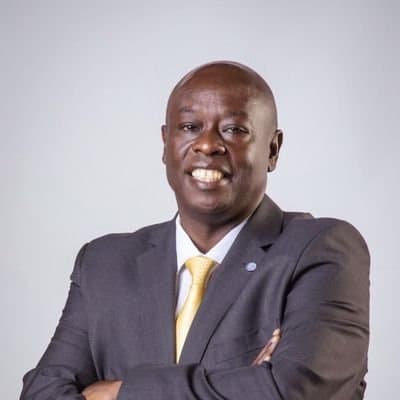
Deputy President of Kenya (2022–2024)
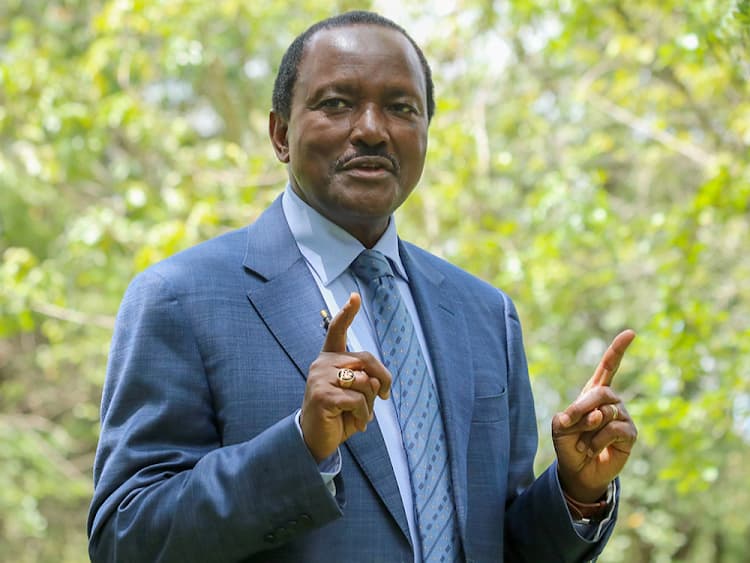
10th Vice President of Kenya (2008–2013)
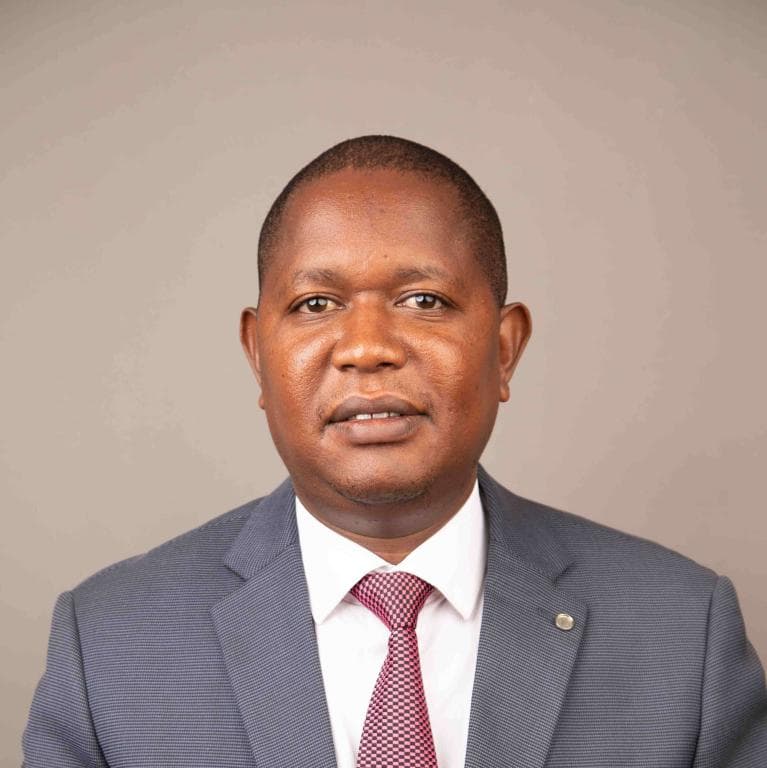
Member of Parliament, Kibwezi West
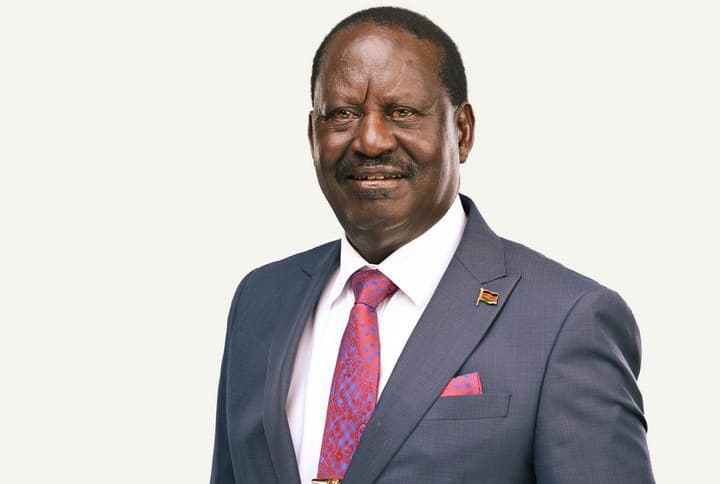
Leader of the Opposition
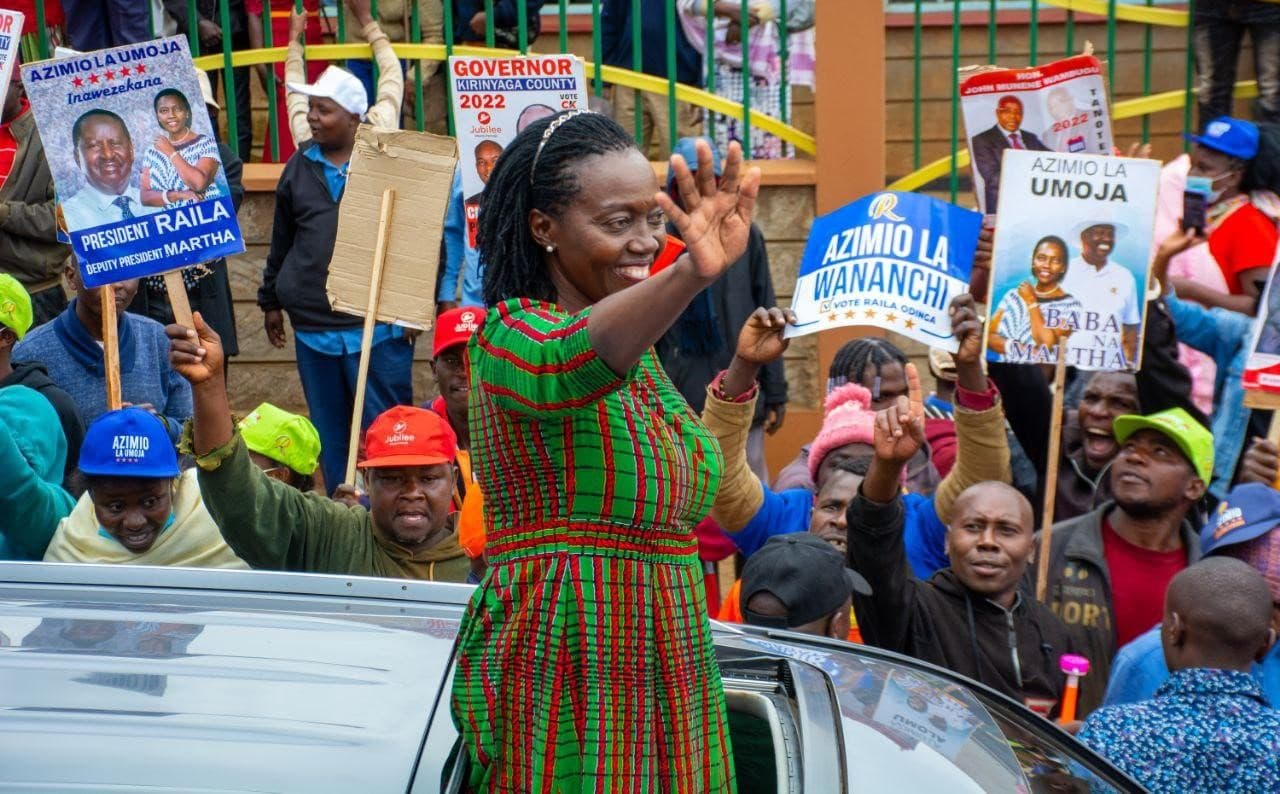
Party Leader, NARC-Kenya